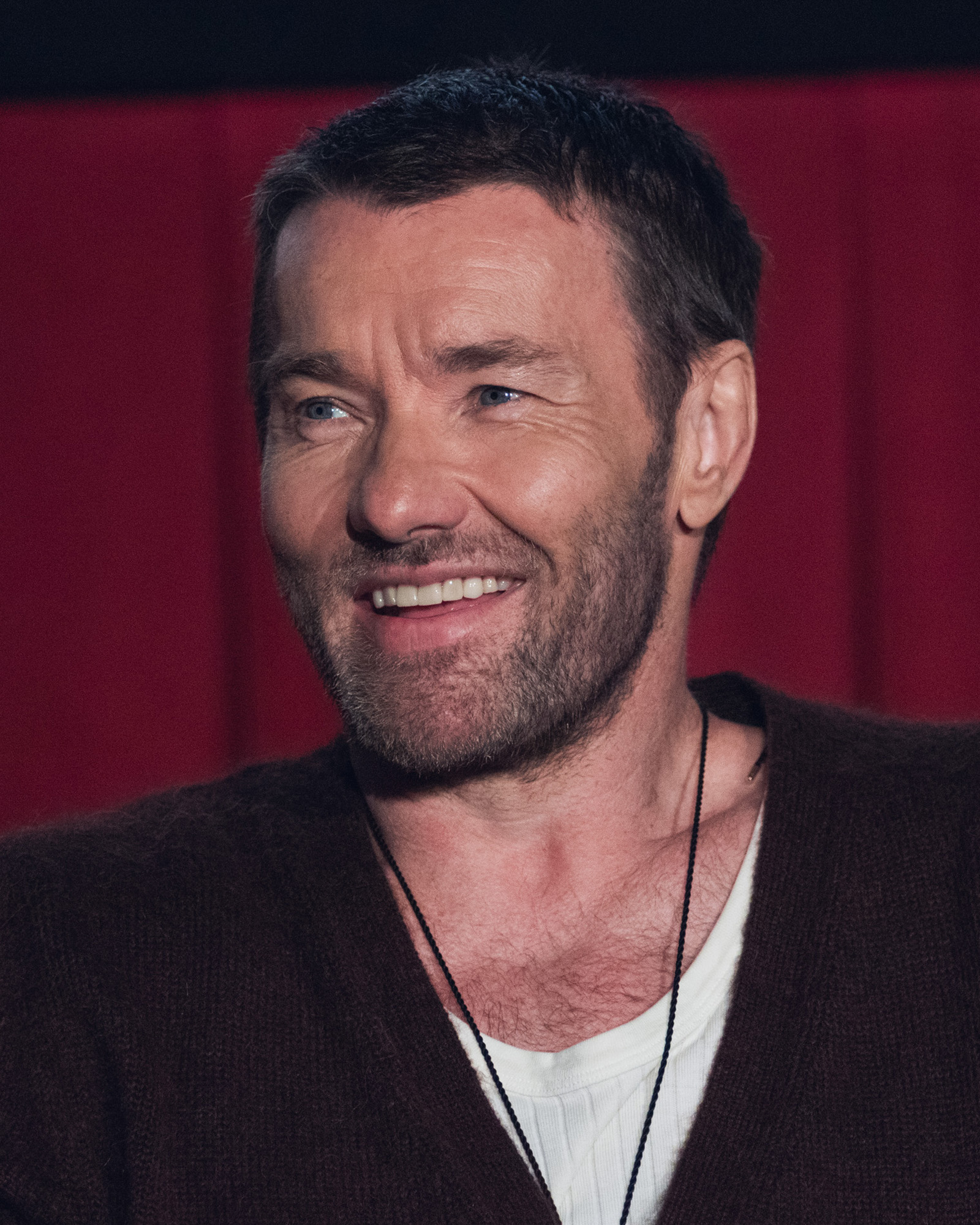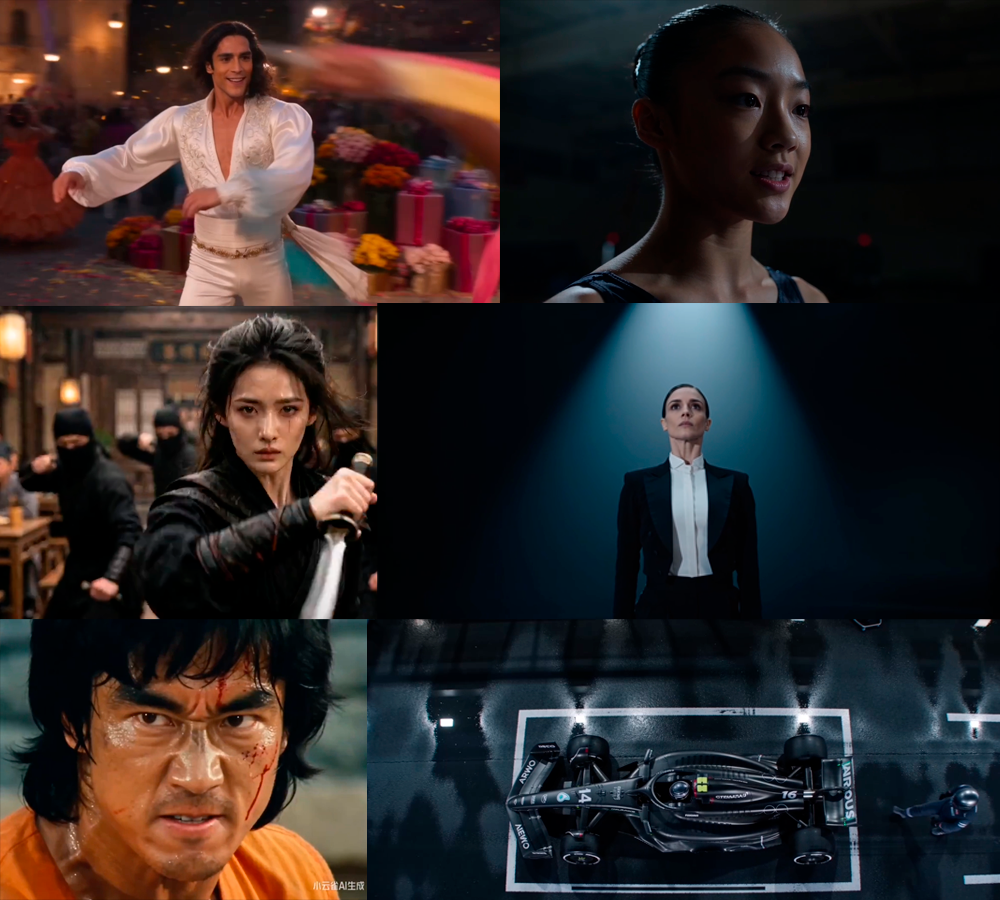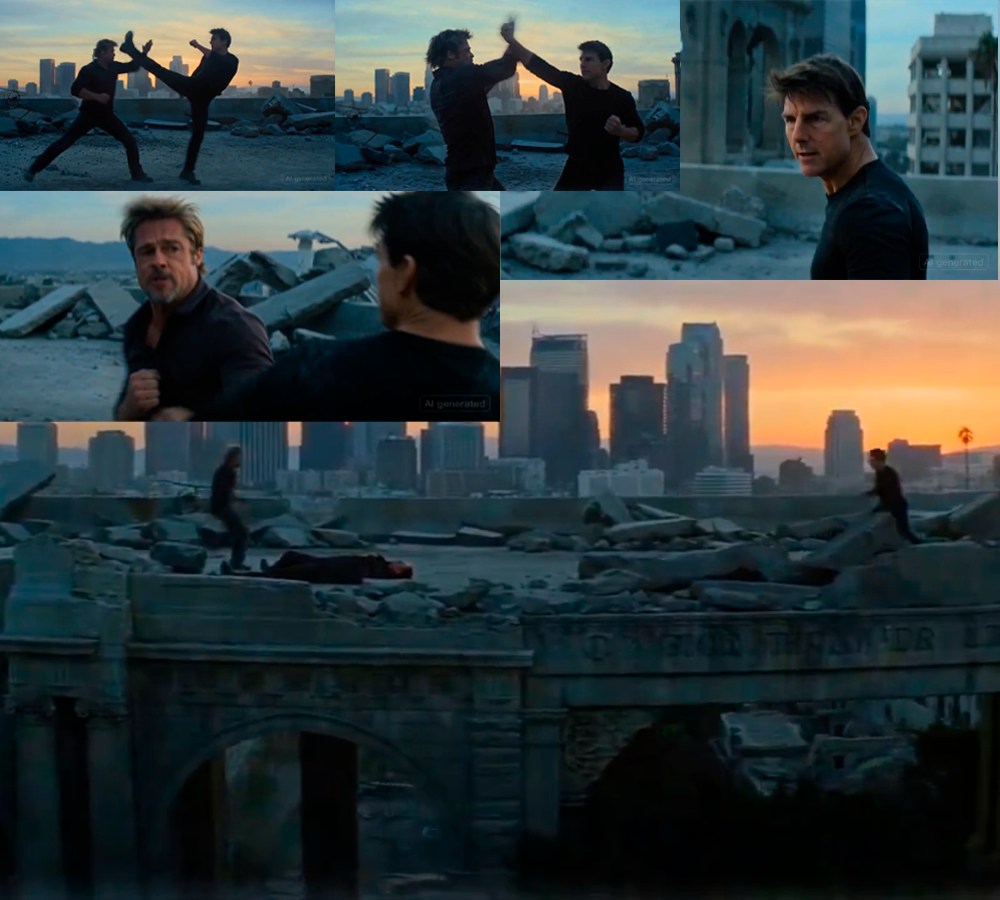Actors Joel Edgerton and Felicity Jones Address AI in Film

Hollywood Boulevard | Photo by Antony-22 / Wikimedia Commons (CC BY-SA 3.0)
Share this post:
Actors Joel Edgerton and Felicity Jones Address AI in Film
The conversation around artificial intelligence in filmmaking continues to evolve as established actors weigh in with measured perspectives. During promotion for their Netflix film Train Dreams, Joel Edgerton and Felicity Jones offered thoughtful takes on how AI technology might reshape their industry without the panic or hype that often dominates these discussions.
A Measured Response to Technological Change
Edgerton expressed that he's "terrified of the future" regarding AI but acknowledged the necessity of understanding it because his children "are going to receive all this, and whatever's next." The Australian actor's comments came during a panel discussion where cast members reflected on technological transformation. A theme central to their period drama about early 20th-century America.
His concerns aren't about immediate displacement. When a friend demonstrated AI's capabilities by generating an image of "a dog give a lecture in a 1950s university hall," Edgerton admitted thinking, "I'm not going to download this thing into my phone just yet." The hesitation reflects a common position among creative professionals: cautious observation rather than outright rejection.

Learning From Past Technological Shifts
While specific quotes from Felicity Jones about AI adoption weren't captured in available interviews, her career trajectory suggests an actor comfortable navigating industry evolution. Jones has worked across independent films, major franchises, and streaming platform, demonstrating the kind of adaptability that becomes essential during periods of technological transition.
The film they're promoting, Train Dreams, examines similar themes of technological disruption during the industrial revolution. Edgerton noted, "We're going through these crazy changes about technology, and life is so fast, and people's attention spans are so quick. One of the challenges of this film is that it asks you to remember a time when you could be patient and still."

Context: A Film About Change
Train Dreams follows Robert Grainier, a logger and railroad worker whose life spans from the 1880s to the 1960s. Edgerton described the project as "the most personal I've allowed myself to be on screen," having first read Denis Johnson's novella over a decade ago.
The film's examination of technological transformation during America's second industrial revolution provides natural parallels to current AI discussions. Bentley remarked that the story "felt incredibly relevant to today without trying" because "all of these characters are contending with" change that "felt as real today as it would've in 3500 BC."
Industry-Wide Tensions
Edgerton's comments arrive amid ongoing debates about AI's role in creative industries. His co-star William H. Macy added a complementary perspective: "I don't understand so much that's going on in this life. I think we made a movie about a time when things were a little more understandable, but it's bewildering now, or at least it bewilders me."
These perspectives contrast with more extreme positions on either side neither embracing AI as creative salvation nor dismissing it as an existential threat to artistry. The middle ground they occupy reflects where many working professionals land: acknowledging both potential and concern.
What This Means for Filmmakers
For independent filmmakers exploring AI tools, these actor perspectives offer useful context:
Protection of craft matters: Edgerton's focus on understanding AI to protect his children's future suggests actors will advocate for clear boundaries around their work and likeness.
Adaptation is expected: Both actors have built careers by working across different technologies and platforms, from traditional cinema to streaming. This flexibility will likely extend to AI integration.
The human element remains central: Edgerton emphasized that his character in Train Dreams represents "one of these people that I think 90-something percent of us are on the planet, which people that are not at the reins of life." This focus on authentic human experience suggests actors will prioritize technologies that enhance rather than replace genuine performance.
Practical Considerations
Current AI filmmaking tools like Google Veo 3 and Kling AI v2.1 focus on visual generation rather than performance replacement. This distinction matters. The technologies generating concern voice synthesis, performance manipulation, digital replacement differ significantly from AI tools that assist with pre-visualization, editing efficiency, or visual effects work.
Understanding these distinctions helps filmmakers make informed decisions about which tools serve their creative vision without crossing ethical boundaries that concern performers.
Looking Forward
Edgerton's broader philosophy about filmmaking success offers perspective: "I'd be the worst studio executive of all time because to me, it's about the longevity of cinema for all time." He prioritizes films that "hold up and last and continue to speak to people 10, 20, 30 years in the future" over immediate commercial performance.
This long-term view suggests that as AI tools mature, their value will be judged by whether they help create enduring work rather than generate quick results. Films made today using AI assistance will ultimately be evaluated on the same criteria that have always mattered: emotional resonance, authentic storytelling, and technical craft.
The conversation around AI in filmmaking continues to develop. Edgerton and Jones represent one position among many neither alarmist nor blindly optimistic, focused on preservation of craft while acknowledging inevitable change. For filmmakers navigating this landscape, their measured approach offers a useful model: stay informed, protect what matters, adapt thoughtfully.
Train Dreams premiered at Sundance Film Festival in January 2025, received a limited theatrical release on November 7, 2025, and began streaming on Netflix on November 21, 2025.



